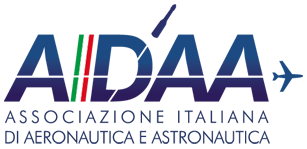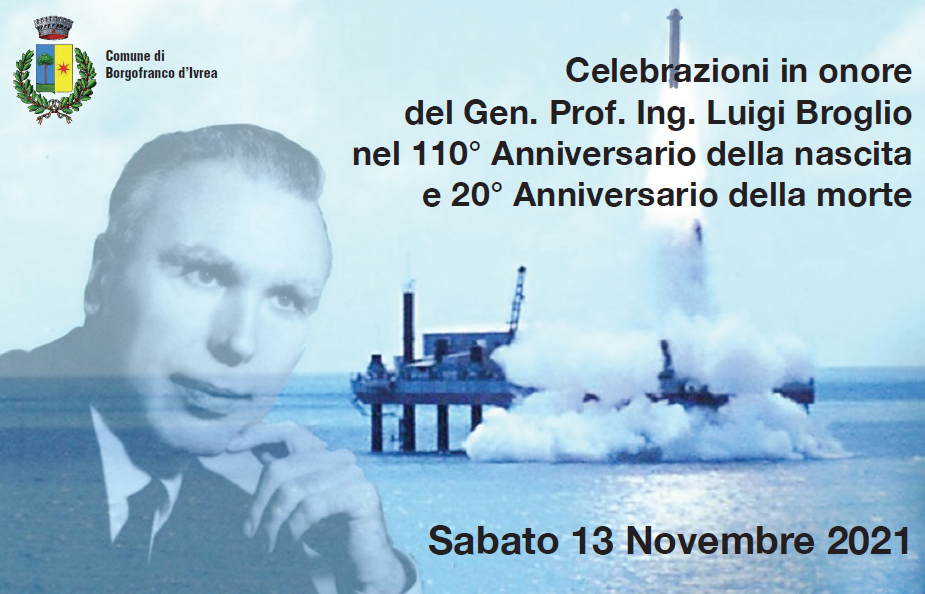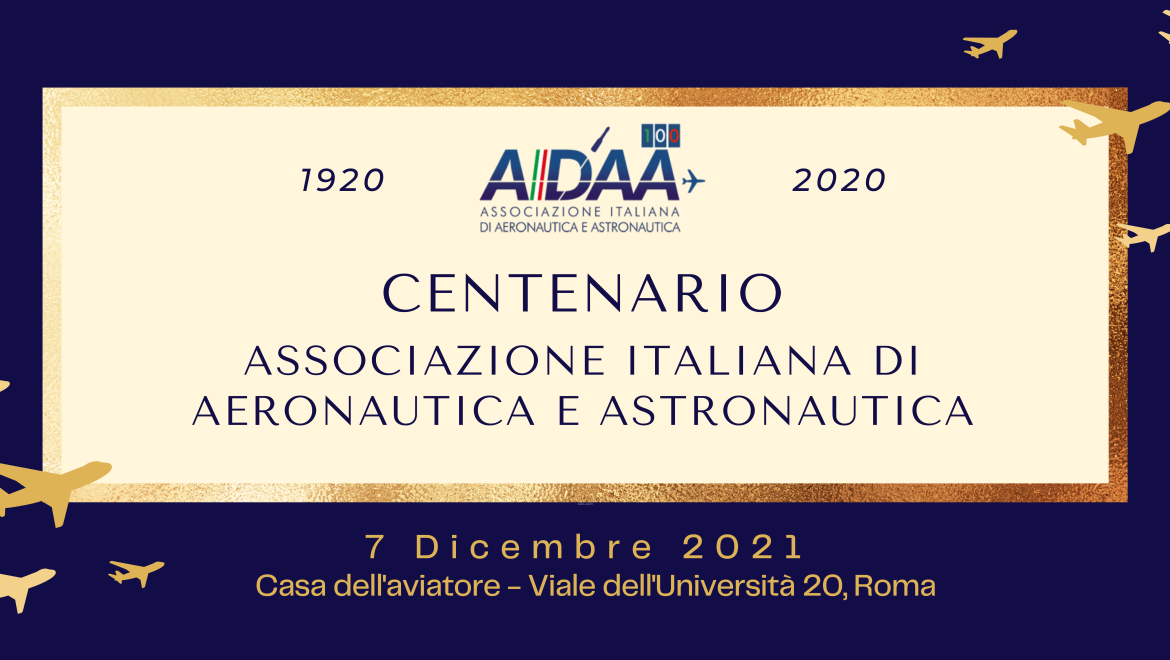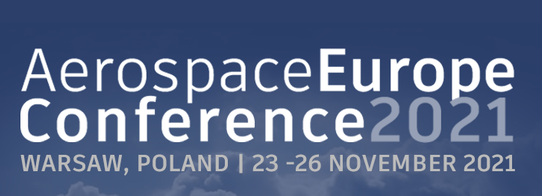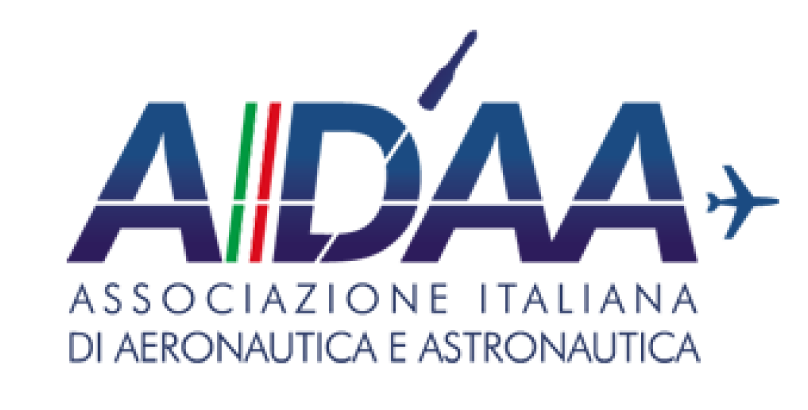Challenges and opportunities for the aerospace frontier research offered by the ERC and the MSCA programme
Challenges and opportunities for the aerospace frontier research offered by the ERC and the MSCA programme
25 March 2022, 8:45-16:00 CET
The main instruments for the development and attraction of research talent to the European Union (EU) are the European Research Council (ERC) and the Marie Skłodowska-Curie Actions (MSCA). Over the last decade, the ERC and the MSCA funded wide and diverse areas of research relevant to the aerospace sector and gave many researchers the opportunity to develop their projects with highly competitive conditions.
In the first part of the course, EU scientific officers and experts will give an overview of the main characteristics and opportunities offered by the ERC and MSCA funding schemes. Particular attention will be given to the mission, funding, and evaluation process.
In the remaining part of the course, authors of successful ERC and MSCA-PF grant proposals on topics of aerospace relevance will present their own stories and projects and will give the audience their insight and advice on the application process. Details on lessons learned, proposal writing, preparation of the curriculum vitae, and stage-2 interview will be discussed along with eventual opportunities to join an ERC team.
Participation
You need to buy one of the package list available here and use the Order ID assigned to you after purchase.
You need to Login for registration.
